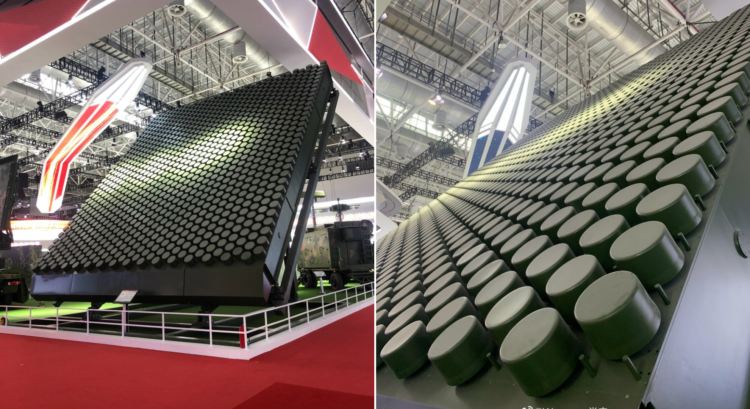“In the past, only a strong military power that had technical strength and economic and industrial foundations could conduct space target surveillance. For developing countries, it was difficult to have such capability,” Sun said. “The SLC-18 radar uses relatively cost-effective ground-based space target surveillance, and it can serve countries along the Belt and Road Initiative, and provide situational awareness against LEO satellites.”
Referring to Pakistan as its iron brothers, China has kept close relations with the former as it plays a vital role in the latter’s ambitious Belt and Road Initiative (formerly known as One Belt One Road). Beijing launched the project in 2013 that would build a “unified large market” to maximize the growth of international and domestic markets. The project would also mean expanding China’s influence internationally and increasing its economic and geopolitical power.
Expressing interest in acquiring technology from Beijing is nothing new, as Islamabad has long been a patron, particularly when importing military equipment. Data published by Sweden’s Stockholm International Peace Research Institute (SIPRI) in March showed that between 2017 and 2021, Pakistan bought about 72 percent of its weapons from China, simultaneously attributing around 47 percent of the latter’s major arms exports.
One of the most recent arms transactions between Pakistan and China was the procurement of the Chinese HQ 9/P HIMADS (High to Medium Air Defense System), which is known as a long-range semi-active radar-homing surface-to-air missile with a high single-shot kill probability that has been inducted into the former’s Army Air Defense.
Pakistan has inducted state of the art HQ-9/P HIMADS (High to Medium Air Defence System) into Pakistan Army Air Defence Corps. The HQ-9 HIMADS has an operational range of more than 200 kms.
Time for Indians to keep their Rafaels away now, else!
— Shah 🏴☠️ (@WARW0UNDED) October 14, 2021
Should the US be Worried About SLC-18?
While this “satellite killer” boasts a complex air defense system capable of tracking and detecting LEO satellites from multiple locations, Beijing is set to export the SLC-18 to “friendly countries” that would then boost its allies’ situational awareness capabilities.
The US has faced many threats concerning space systems, especially with the emergence of sophisticated technology from its superpower counterparts in recent years, and along these is the most frequently asked question of whether Washington should be worried.
Space Force General David Thompson addressed this concern earlier this month following its report on a detected Chinese reusable spaceplane releasing an unidentified object in orbit. Thompson recognized the “growing and expanding threat” against US satellites, “and it’s really an evolution of activity that’s been happening for a long time.”
There is, however, no immediate threat, and any attacks on US space-based assets are still “reversible.” Nonetheless, adversaries could continue to grow and improve, potentially developing powerful technologies that could pose a serious threat in the near future if left unguarded.
“We’re really at a point now where there’s a whole host of ways that our space systems can be threatened,” Thompson said.










COMMENTS